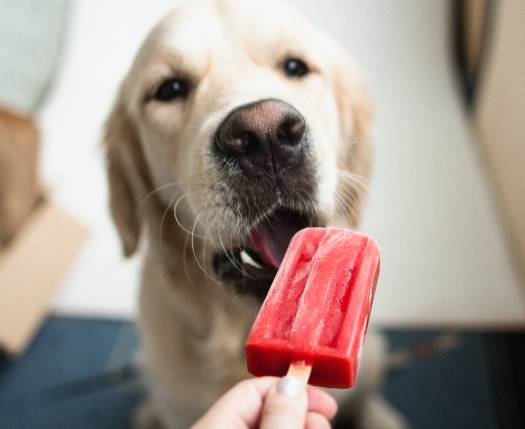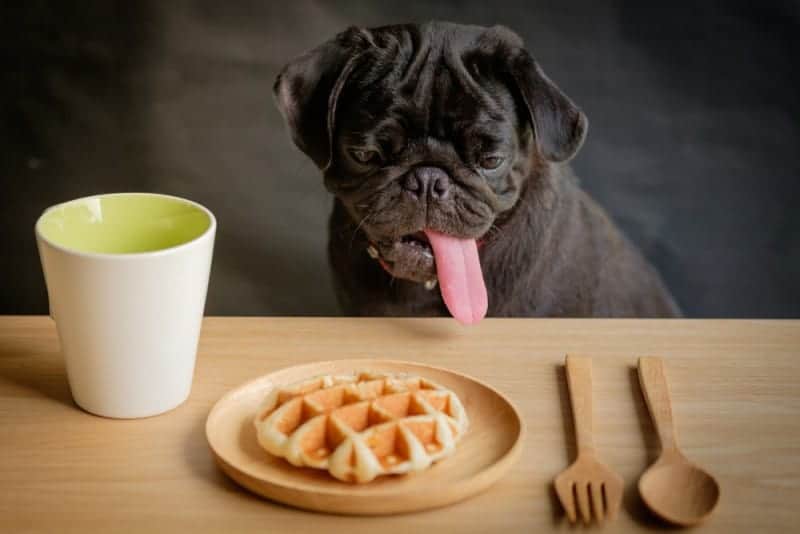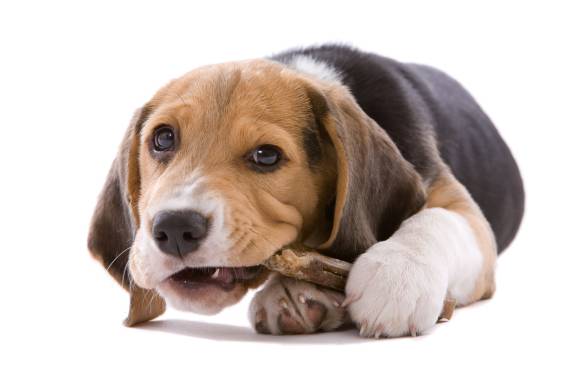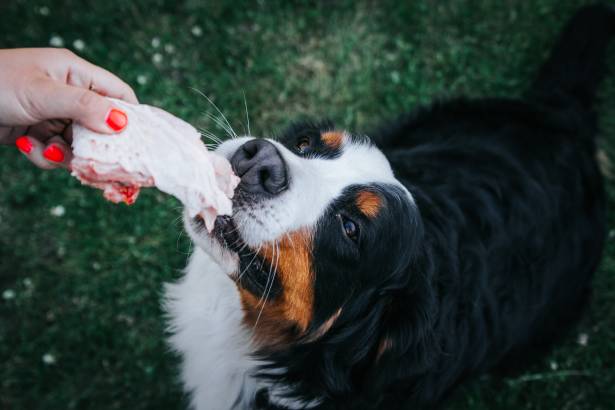Connect with a verified veterinarian in minutes. Licensed vets are available 24/7 to answer your questions. No need to worry about your furry family member.
Popsicles are enjoyed by kids and adults who appreciate their yummy, frozen flavors! Who doesn’t love popsicles, including dogs! But what happens if a dog eats a popsicle stick? Can the stick make a dog sick?
Has your dog eaten a popsicle stick? Are you worried the popsicle stick will make your dog sick? If so, you’ve come to the right place. We understand it can be scary when your dog eats something like this.
We’ve put together information about popsicle sticks and whether they can make a dog sick. Let’s get started!
What is a Popsicle Stick?
A popsicle stick is a small piece of wood about 4.5 inches long, with rounded ends. The sticks are used to hold frozen treats made of fruit, ice cream, flavored ice, and more. Popsicle sticks are usually made from birch wood.
Popsicle sticks are not meant to be eaten; however, the kind used in foods are non-toxic. But what happens if a dog eats a popsicle stick?
Popsicle Sticks & Dogs
Popsicle sticks can be dangerous for dogs. However, it depends on your dog’s size and how much the stick has been chewed up (or not).
So, if you have a smaller dog, he will have a narrower throat and digestive tract than a larger dog. That means his system may not handle the stick very well. On the other hand, a popsicle stick may go through a larger dog’s digestive tract without any problem.
Next, if the dog has done a good job of chewing up the popsicle stick, these pieces will probably pass through his system safely. However, larger pieces of wood could become lodged in his system.

Review symptoms, medications & behavior to keep your pets healthy with a Vet Online in just minutes.
Ask a Vet Live NowCall the Vet
For these reasons, we recommend calling the vet immediately. For this situation, the vet is the best person to offer you advice and guidance on what to do next to help your dog.
In some cases, the vet may recommend monitoring your dog and his poop for a couple of days. You’ll need to watch for signs of wood and the stick in the poop. And if you see blood in your fur baby’s poo, you’ll need to call the vet right away.
The vet will have you watch for certain symptoms, including:
- Vomiting
- Diarrhea
- Bloody stools
- Lethargy
- Lack of appetite
- Abdominal pain & swelling
At the first sign of any of these symptoms, it’s time to call the vet.
Prevention is Best
It’s always best to keep your dog from eating the popsicle stick, which means keeping them out of his reach and buying a dog-proof wastebasket to keep him out of the trash.
Remember, prevention is always the best medicine!
Connect with a verified veterinarian in minutes. Licensed vets are available 24/7 to answer your questions. No need to worry about your furry family member.

Julie
Julie is a graduate of the University of North Carolina, Wilmington, where she studied Animal science. Though contrary to the opinion of her parents she was meant to study pharmacy, but she was in love with animals especially cats. Julie currently works in an animal research institute (NGO) in California and loves spending quality time with her little cat. She has the passion for making research about animals, how they survive, their way of life among others and publishes it. Julie is also happily married with two kids.
Review symptoms, medications & behavior to keep your pets healthy with a Vet Online in just minutes.
Ask a Vet Live Now





